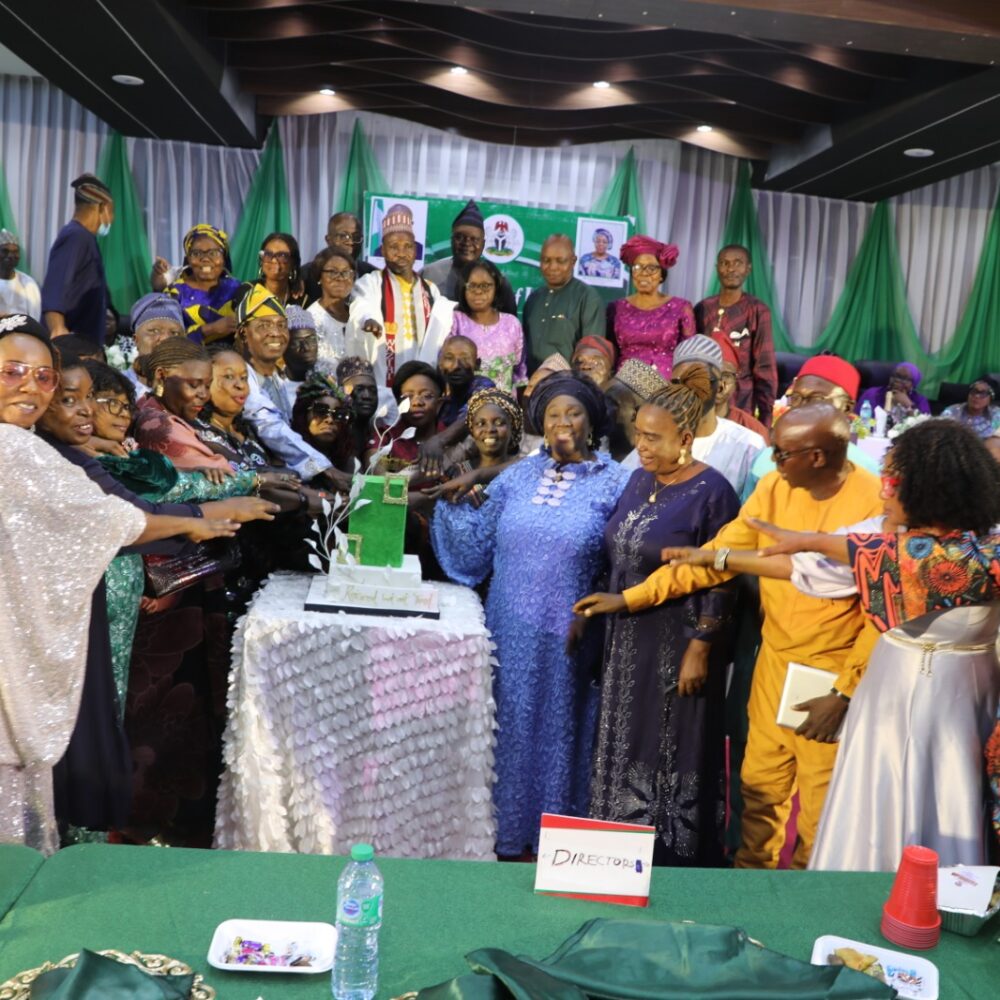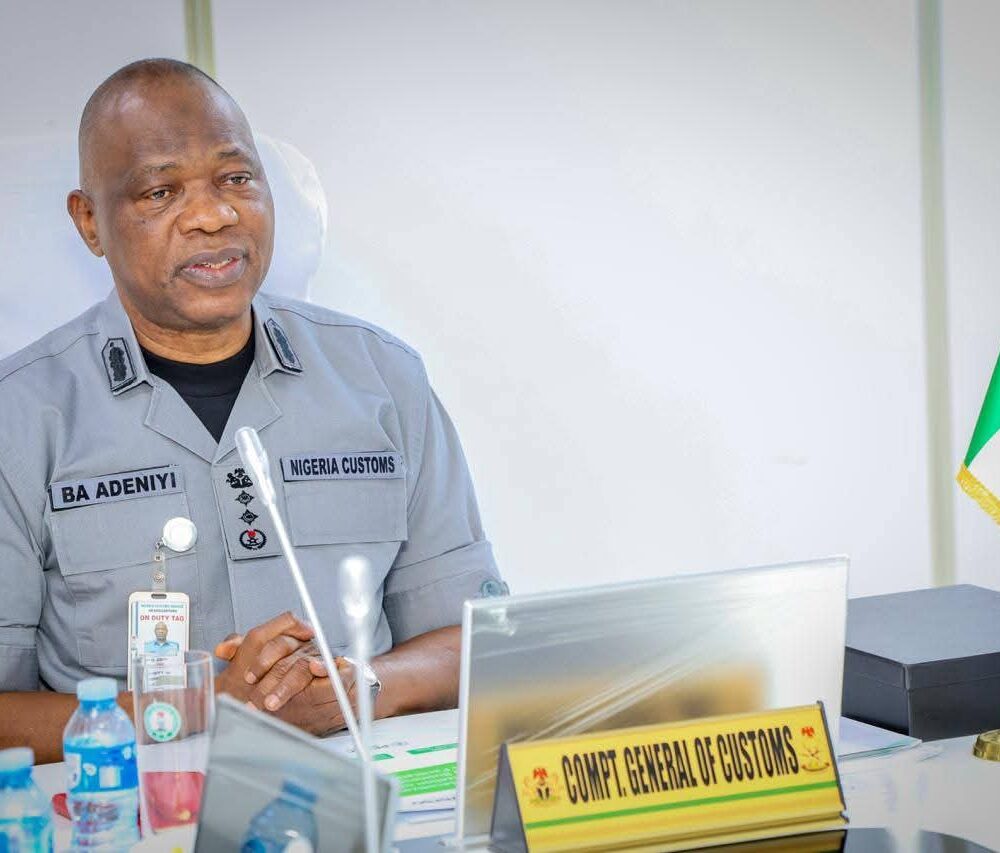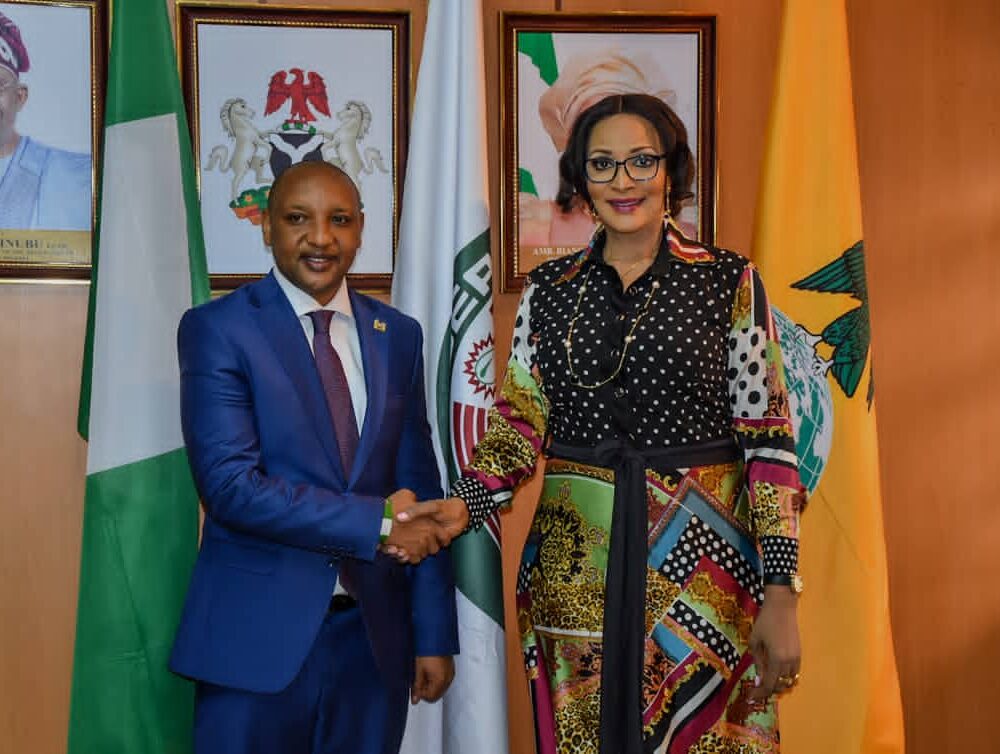The National Human Rights Commission has identified inclusiveness and equal opportunities as the cornerstone of any COVID-19 recovery efforts that will ensure the full realisation of human rights in Nigeria and beyond.
Executive Secretary of the Commission, Tony Ojukwu Esq. who stated this at an International Conference on the Future of Human Rights, in commemoration of the 2020 International Human Rights Day tasked all government agencies to mainstream human rights into their post COVID-19 recovery efforts, added that such efforts will assist the nation to achieve the SDG and the 2030 development agenda.
According to the Executive Secretary, the theme of this year’s celebration, “Recover better-Stand Up for Human Rights”, relates to the COVID-19 pandemic and draws attention to the need to recover and build back better by ensuring human rights are at the centre of the recovery initiatives.
Ojukwu restated that while standing up for human rights, there is need to engage citizens, partners and the world community to bolster transformational action and showcase practical and inspirational examples that could contribute to recovering better and fostering more resilient and just societies.
Besides, the Chief Human Rights Officer in Nigeria specifically mentioned that stopping discrimination, addressing inequality,encouraging participation and solidarity, promoting sustainable development, addressing sexual and gender based violence, upholding rule of law and justice and promoting responsible leadership are necessary to enthrone a more egaliterian and human rights friendly nation.
In his goodwill message, the Attorney General of the Federation (AGF) and Minister of Justice, Abubakar Malami (SAN) stated that enjoyment of human rights is one the cardinal pillars of democratic governance assuring that the federal government is committed to protecting these rights.
According to the AGF who was represented by the Solicitor General of the Federation and Permanent Secretary Federal Ministry of Justice, Dayo Apata (SAN) reiterated government obligation to the citizens irrespective of their religion, ethnic, cultural or political affiliations.
The AGF observed that the federal government was not oblivious of the fact that COVID-19 pandemic affected citizens in diverse ways and that to mitigate the effects of the unfortunate condition, the federal government intensified programmes like farmer moni, trader moni, survivors grants to house holds, small and medium scale businesses and other soft loans to Nigerians.
The Chief Law Officer of the federation used the opportunity to inform Nigerians that through its collaboration with the National Judicial Council, court processes have been digitalised.
“The Ministry is working towards the realisation of the proposed legislation of an Act to govern administrative processes in civil matters in line with the ACJA and other information and communication technologies towards enhancing the enjoyment of human rights”, the AGF added.
Also in his goodwill message also, the Minister of Foreign Affairs, Geoffrey Onyema urged Nigerians to leverage on the various regional and international human rights instruments to mainstream human rights principle in all aspects life.
The Minister who was represented at the occasion by Mr. Oluremi Oloyinde stated that the Ministry would support every efforts targeted at protecting human rights of citizens.
Similarly, the President of Nigerian Bar Association (NBA), Olumide Akpata (SAN) reaffirmed the determination of the NBA to collaborate with human rights stakeholders like the NHRC to fight against human rights violations.
Essentially, the NBA President who was represented at the occasion by Chukwuemeka Clement Esq. (Bwari branch), used the opportunity to reassure Nigerians that NBA would stand by them towards ending Police brutality in the country, adding that the ongoing Independent Investigation Panel on allegations of human rights violation by the Nigerian Police has presented another opportunity to collaborate with the NHRC address the aforesaid violations.
In his remarks , the Chief Commissioner Public Complaints Commission (PCC), Hon. Barr. Chille Igbawua recalled that Nigeria has witnessed a great deal of human rights abuses from the pre-colonial era which he noted have continued unabated.
“The activities of many individuals in authority have reduced human rights abuse into not only the order of the day but also normal way of life”, the PCC Boss stated.
In her contribution, the Dean Emeritus Faculty of Law, UNN, Prof. Joy Ezeilo harped on the need to properly fund the NHRC to enable it to fully accomplish its mandate, which according to her requires extensive human rights investigations, researches and continued capacity building of its personnel.
In addition, the former UN Special Rapporteur on Human Trafficking said that lack of state of the art health care for citizens has worsened the health condition of the people, most of whom she noted cannot afford health care services.
Several other human rights personalities, national and international partners were at the occasion and made positive impact on the successful hosting of this year’s International Human Rights Day celebration.
Among them were Dr.Abiola Akiode Afolabi, Chairman ,Transition Monitoring Group, Prof. Julius Ihonvbere, Chairman Committee on Basic Education, House of Representatives, HE Walter Kazadi, Head of Mission and WHO Representative in Nigeria, HE Edward Kallon, UN Resident and Humanitarian Coordinator, HE Ketil Karlsen, European Union Ambassador to Nigeria and ECOWAS.
Others included Mr. Onyebisi Babatunde Oluseyi, Executive Director, Nigerian Network of Non-Governmental Organisations, Hon Kabir Idris, Chairman Committee on Civil Societies and Development Partners, Ms Osai Ojigho, Country Director, CLEEN Foundation, Mr. Eze Onyekpere, Executive Director, Centre for Social Justice, Chief Awa Kalu (SAN), Sen. Bamidele Opeyemi, Chairman Judiciary, Human Rights and Legal Matters, Prof. Deji Adekunle (SAN), former Ditector General, Nigerian Institute of Advanced Legal Studies, Dr. Uche Igwe, Research fellow, Firoz Lalji Centre for African, London School of Economics, Prof. Ademola Oluborode Jegede, School of Law, University of Venda, South Africa, etc.





